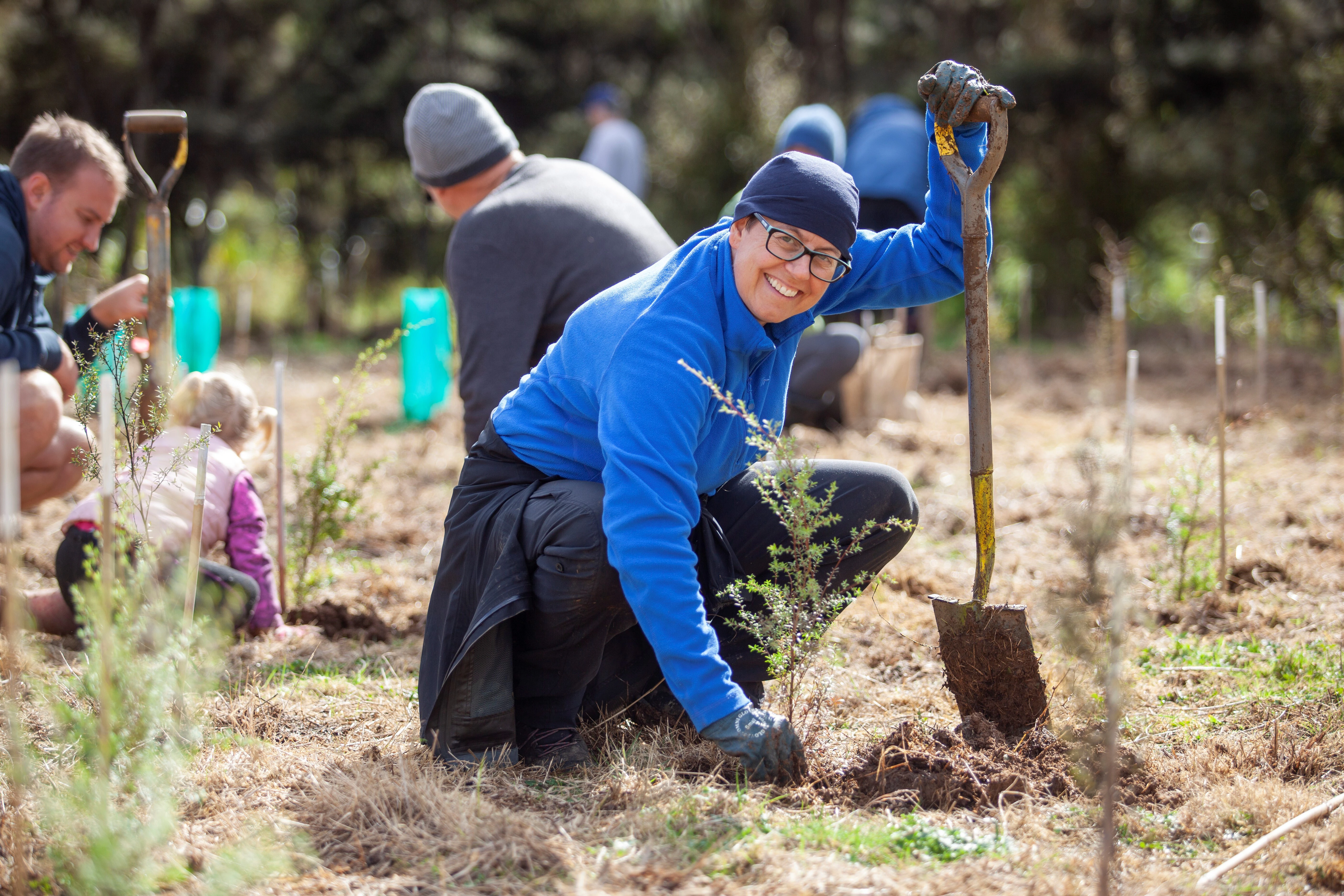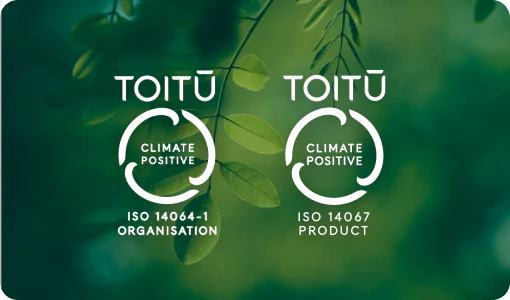How to make your morning coffee environmentally friendly
04/07/2019

“I have measured out my life with coffee spoons,” said T. S. Elliot. “I need coffee in an IV!” laments Lorelai Gilmore. “Even bad coffee is better than no coffee at all,” explains David Lynch. If you love the smooth, rich taste of a good coffee, then you’re among some of the world’s finest thinkers and most beloved characters.
However, society’s coffee addiction is helping to contribute to landfill and unsustainable farming practices. If you care about the future of the planet, there are some simple ways you can ensure your daily coffee is as environmentally friendly as possible.
1. Avoid single-serve cups
In one year alone, humans throw away enough single-serve coffee cups to wrap around the world more than 10 times. All these cups end up in landfills, where they can take tens of thousands of years to decompose.
It’s a simple habit change to switch to a reusable cup. You can keep one at home and one at the office. Many cafes will even offer a small discount.
2. Stop using single-serve pods
Like single-serve cups, coffee pods are wasteful and not environmentally conscious. If you want to up your coffee game, learn about specialty coffee and equipment, and choose a more sustainable option.
3. Get a reusable filter
Paper filters tend to be bleached in chlorine and other dioxins. When you throw them away, that chlorine leeches into the ground, distributing trace amounts of poisonous dioxins into the water plants (and humans) need to grow.
That may sound like a small thing, but when you consider just how many filters we throw away, it stops being so tiny.
Metal filters are reusable and they give the coffee a fuller flavour. Once you try them, you’ll never want to go back!
4. Bring your own container
Do you buy your favourite grounds from a local coffee shop? If so, see if you can get them weighed out in your own container to avoid the use of additional packaging.
5. Buy fair-trade coffee that supports sustainable practices
In order for coffee to be labelled ‘fair-trade’, it has to abide by certainethical and environmental standards. Many coffee growers are also switching to organic practices. Learn more about where the coffee you drink comes from and how it’s grown, and make sure you make an informed and eco-conscious choice.
6. Compost your coffee grounds
Used coffee grounds are nearly Ph neutral and full of nitrogen, which makes them a great addition to a compost bin. Did you know you can also use them to deodorize your fridge, scrubb off baked-on food, and for dying fabric?
Are you doing all that you can to make your brew environmentally-friendly?







